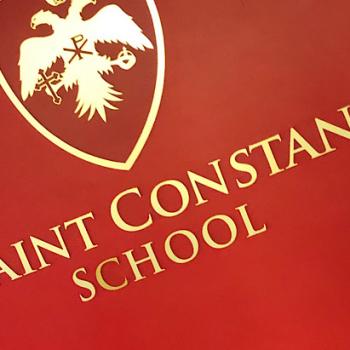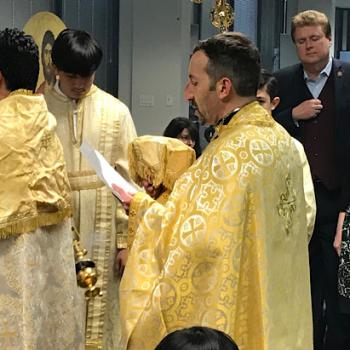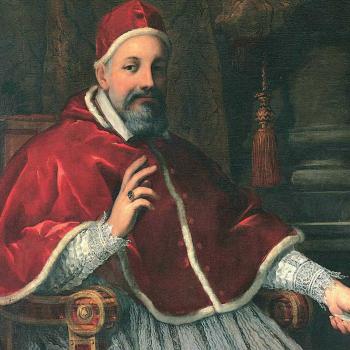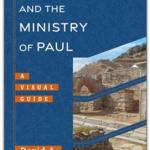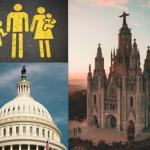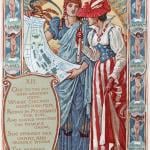The just live by faith. This is the Orthodox, classical, Christian school: faithful to what she believes so that not even a threat of death can make her lie about reality, yet loving to even our intellectual enemies. We know our failings, so our schools humble ourselves to theological wisdom, scientific truths, and to the Divine Logos who governs the cosmos. This life of faith is not living against our reason or experience, rather living by best reason and our... Read more


